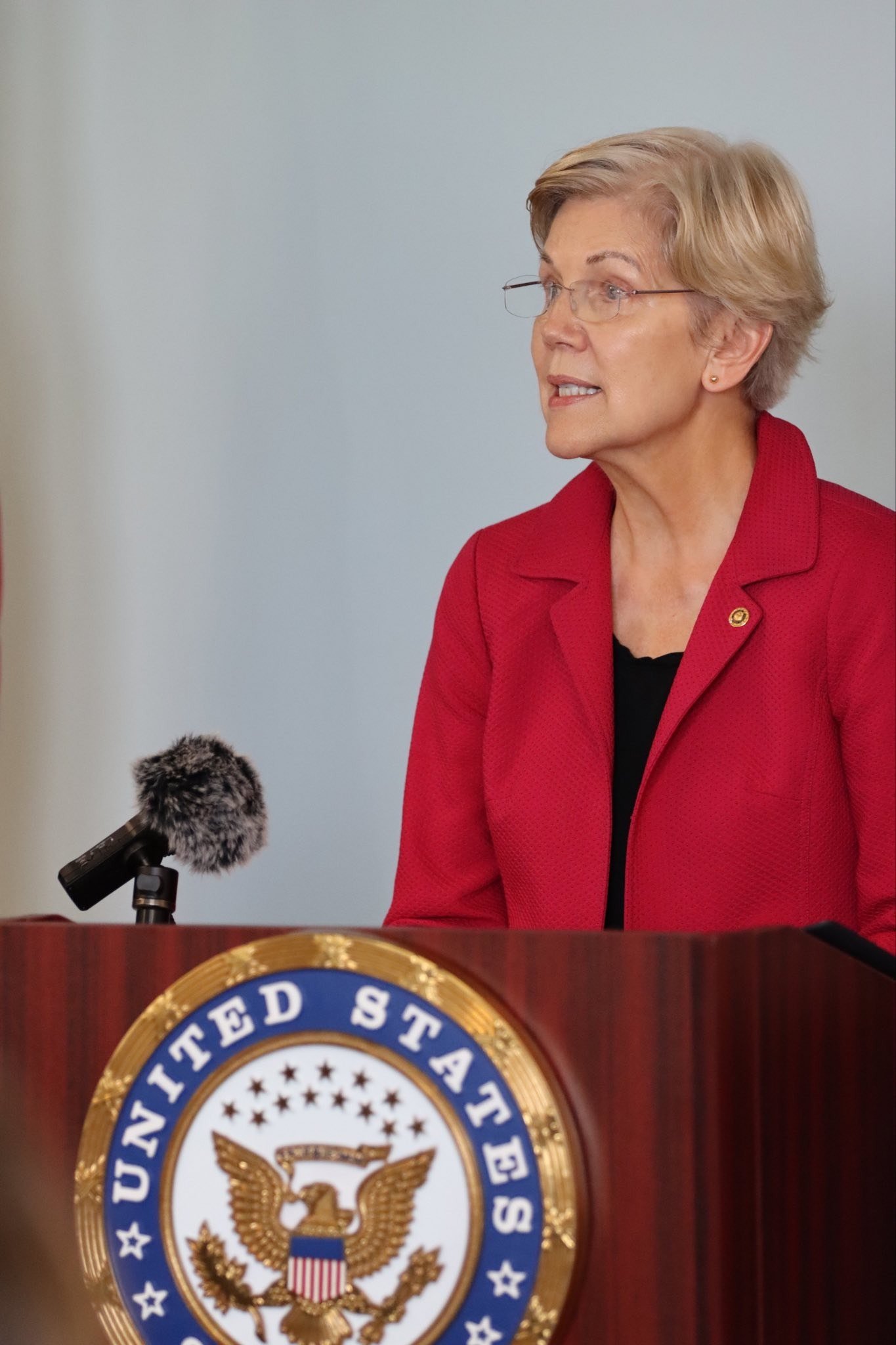Nền kinh tế crypto hiện nay có vốn hóa thị trường tích lũy khoảng một nghìn tỷ đô la. Đó là rất nhiều tiền, và một số người có thể cho rằng đó là bằng chứng rằng tiền điện tử giải quyết các vấn đề tài chính thực sự.
Tuy nhiên, đối với nhiều người có ảnh hưởng, vốn hóa thị trường của crypto là tạm thời, và toàn bộ ngành công nghiệp là một trò hề. Một số người đưa ra lập luận này là nguyên thủ quốc gia và thuyền trưởng của các ngành công nghiệp. Vì vậy, nó có thể là quan trọng để biết tại sao họ nghĩ rằng tiền điện tử là tiêu diệt.
Dưới đây là sáu người hoài nghi crypto nổi tiếng nhất.
1. Tập Cận Bình
Xi Jinping is arguably the second most influential person in the world. He’s only second to the President of the United States regarding influence and political power. And Xi has used this political power to wage war against blockchain technology. He’s by far the most influential opponent of Bitcoin and the first of the six most famous crypto skeptics we’ll be talking about.
Xi hasn’t just paid lip service to being skeptical of Bitcoin. He’s also put his money where his mouth is through monetary policies. In 2013, China banned crypto from transactions.
The People’s Bank of China (PBoC) and other financial watchdogs issued a notice telling all banks to stop handling Bitcoin transactions. According to the notice, Bitcoin was categorized as a special virtual commodity so it couldn’t function as a currency.
Additionally, the ban argued that Bitcoin wasn’t backed by any state and was a potential outlet for laundering cash. The notice came when the price of Bitcoin was resurging from a bear market. The Chinese ban dampened the market’s enthusiasm for Bitcoin as an asset and sent its value spiraling downwards again. Following the ban, the price of Bitcoin plummeted by 30%.
In 2017, following the popularity of Initial Coin Offerings (ICOs), China banned ICOs. This was an attempt to stabilize the weakening Yuan and block money from leaving China illegally. The People’s Bank of China considered ICOs an illegal fundraising mechanism and stopped ICO platforms from issuing tokens. The bank also asked the ICOs to return money it had taken from investors.
While the crypto community was still struggling to understand this ban, the country banned crypto exchanges as well.
In 2019, China’s attention turned to Bitcoin mining. The PBoC labeled it an undesirable industry, and there were calls to ban it. Since almost half of Bitcoin’s mining was done in China, that could have crippled crypto. However, the ban was eventually averted.
Unfortunately, that ban couldn’t be averted for long. In 2021, the Chinese government returned to the question of crypto mining and banned it for good. The country also banned crypto trading for good measure.
These measures may not have come directly from President Xi himself, but they certainly couldn’t have happened without his approval.
2. Bill Gates
 100vw, 1200px” data-lazy-src=” https://okitrend.com/wp-content/uploads/2023/02/fmn-yjvaeaensmo.jpeg “> <noscript> <img width=)
Source: Bill Gates’ Twitter
Bill Gates có thể không còn là người giàu nhất thế giới nữa, nhưng ông vẫn cực kỳ có ảnh hưởng và nổi tiếng. Ông ngồi trong hội đồng quản trị của nhiều tập đoàn quan trọng, và những nỗ lực từ thiện của ông có nghĩa là ông có ảnh hưởng chính trị.
Mọi người đều biết Bill Gates, và hầu như mọi người đều biết về sự hoài nghi của ông đối với mật mã. Đó là lý do tại sao bất kỳ danh sách những người hoài nghi mật mã nổi tiếng nhất mà không có Gates chỉ đơn giản là sai.
Trong khi Bill Gates đã không rõ ràng sử dụng ảnh hưởng của mình để cản trở tiền điện tử, ông đã nói một số điều khá đáng lo ngại về ngành công nghiệp crypto.
Trong một phiên A sk Me Anything trên Reddit, Bill Gates nói rằng ông không sở hữu bất kỳ loại tiền tệ kỹ thuật số nào như một vấn đề nguyên tắc. Ông nói rằng ông không thích đầu tư vào bất cứ điều gì không có đầu vào có giá trị. Ông cũng nói thêm rằng giá trị của tiền điện tử là bao nhiêu người khác sẵn sàng mua nó cho.
Đây không phải là lần đầu tiên Bill Gates đưa ra những suy nghĩ của mình về tiền điện tử được biết đến. Trong một cuộc phỏng vấn với Bloomberg, Gates bày tỏ lo lắng về việc mọi người bị hút vào cơn điên cuồng crypto. Ông nói rằng chỉ có những người giàu như Elon Musk mới có thể tham gia vào mật mã, và những người không giàu có có lẽ nên xem chừng.
Ngoài ra, Gates đã tuyên bố rằng AI là một công nghệ mang tính cách mạng hơn so với Web 3.0. Trong một phiên A sk Me Anything khác trên Reddit, ông đã nói rõ rằng ông tin rằng công nghệ AI sẽ có tác động đáng kể đến cuộc sống con người.
3. Warren Buffett
Warren Buffet is one of the wealthiest men in the world and is an investing guru. He is currently the CEO of Berkshire Hathaway and has a net worth of $110 billion. Most of Buffett’s money was made through investments, so there’s hardly anyone better to talk to when it comes to investing.
Aside from being rich, Warren Buffet is also popular. He’s no recluse, and he regularly talks about finance and investing. He’s always willing to share his knowledge and never hides from hard questions. That’s why he’s third of the six most famous crypto skeptics.
Buffet is no fan of Bitcoin and is never shy to say it. He once said that he wouldn’t pay $25 for all the Bitcoin in the world.


Buffet’s reason for this is simple. He argues that Bitcoin doesn’t produce anything and is functionally useless. As such, all of the Bitcoin in the world isn’t worth even $25. He said he could do nothing with all the Bitcoin in the world and would eventually have to sell it. Hence, it wasn’t worth the price it was quoted. Or any price at all.
Buffet further said if he owned all the Bitcoin in the world, he would simply be back where Satoshi was. When asked why Bitcoin was growing then, he said it was magic. He argued that Bitcoin had some allure that drew in new investors, but he didn’t care for that allure.
In 2018, Buffet informed CNBC that crypto would end badly. He also said that he would never have a stake in them, and his company would never invest.
4. Jamie Dimon
Jamie Dimon is the CEO of JP Morgan, one of the world’s biggest financial institutions. As the president of JP Morgan, Dimon has a lot of influence over the global financial system.
While he may not be famous in the mainstream world, he’s certainly quite popular in financial circles. And sometimes, it’s these circles that matter the most. It’s difficult to list the most famous crypto skeptics without putting Dimon on it.
At the 2023 World Economic Forum in Davos, Dimon said that cryptocurrencies were a distraction. He said it was all a “hyped-up fraud” and called it a “pet rock.” But that wasn’t the first time Dimon bashed cryptocurrencies or referred to them as pet rocks.
In 2017, Dimon described Bitcoin as a “fraud.” After the blowup of FTX, he doubled down on his opinion on crypto and called the industry a sideshow.
Interestingly, despite being skeptical of Bitcoin and cryptocurrencies, Dimon believes blockchain technology has some utility. He said that JP Morgan has used it before and that, as a technology, it could become viable in the future.
5. Jim Cramer
Jim Cramer’s situation is a little bit unique. He doesn’t have institutional influence and is little more than an online influencer. He hosts the Mad Money show on CNBC and is the founder of TheStreet.com.
Jim Cramer may not have a Wikipedia page, but he’s quite popular. He’s a legend on “the street” as well. He’s certainly one of the most famous crypto skeptics in the world today.
The peculiar thing about Cramer is that he has had different views on Bitcoin and crypto. But for some reason, the market almost immediately proves him wrong after he makes his opinion known.
Anytime he argues for crypto, the market almost immediately retracts. And any time he argues against it, the market almost immediately bounces back.
position:absolute!Important
}.tweet-container div:last-child{
position:relative!Important
}
This is just too accurate now. Cramer posted this on Jan 9, the day before Bitcoin went from 16k to 20k.
Please continue to FUD crypto! 🙏 https://t.co/pDkk1BnfAr
— CZ 🔶 Binance (@cz_binance) January 14, 2023
function lazyTwitter(){var i=function(t){if(!t)return;var n=t.getBoundingClientRect();return 2500>n.top||-2500>n.top};if(!i(document.querySelector(“.twitter-tweet”)))return;var s=document.createElement(“script”);s.onload=function(){};s.src=”//platform.twitter.com/widgets.js”;document.head.appendChild(s);document.removeEventListener(“scroll”,lazyTwitter);document.removeEventListener(“touchstart”,lazyTwitter);console.log(“load twitter widget”)}document.addEventListener(“scroll”,lazyTwitter);document.addEventListener(“touchstart”,lazyTwitter);lazyTwitter()
It’s over, guys.
Bull market’s cancelled.
Cramer said he’s BULLISH now.— Satoshi Stacker (@StackerSatoshi) January 17, 2023


This isn’t just true for crypto, either. When Cramer rings the bell for the New York Stock Exchange, bad things tend to happen. He once rang it on March 6, 2020, and Covid struck the markets a few days later.
Jim Cramer ringing the opening bell for the New York Stock Exchange Tomorrow 🪦 pic.twitter.com/c4A9HI5gw4
— Stock Swing Alert (@StockSwingAlert) July 17, 2022


Jim Cramer has had some strong words for crypto despite owning tokens and using Bitcoin to pay off his mortgage. Early in 2022, he tweeted that people should get out of crypto and out of Chinese stocks as well. His reason? Neither can be trusted.
Good chance AGAIN to get out of crypto and scale out of Chinese stocks as neither can be trusted
— Jim Cramer (@jimcramer) January 9, 2023
6. Elizabeth Warren


Source: Elizabeth Warren’s Twitter
The United States Congress has a major influence on the future of crypto. Congress can pass laws banning cryptocurrencies or make them safer to invest in.
One of the staunchest anti-crypto voices in Congress is Elizabeth Warren, and she’s had a lot to say.
After the FTX collapse, Warren argued that crypto would end in crippling losses for most people.
FTX’s collapse should be a wake-up call. @SECGov,@TheJusticeDept & @USTreasury should use their expansive authority to crack down hard on crypto fraud. Congress must close loopholes & back up these financial cops on the beat with more resources.
My oped: https://t.co/ARdtun2pAb
— Elizabeth Warren (@SenWarren) November 22, 2022
While Warren’s words may worry crypto enthusiasts, the bills she proposes are even more concerning. The “Digital Asset Anti-Money Laundering Act” she introduced in December of 2022 would impose excessive regulations on all participants in blockchain networks. This would include developers, miners, and even wallet creators.
The bill would also ban any attempt to increase privacy on blockchain networks and essentially remove the rationale for blockchain transactions.


Warren’s clout and ability to make important moves like this make her one of the most famous crypto skeptics.
On the Flipside
- One might argue that people who lead institutions like JP Morgan have a vested interest in guaranteeing the failure of crypto since DeFi’s goal is to replace them.
- Despite banning crypto trading and mining, China has shown signs of supporting blockchain technology. For example, the country plans to launch its first national NFT marketplace.
Why You Should Care
It’s essential to pay attention to what influential people are saying about crypto. It’s also a good way to better understand the ecosystem’s future.



























